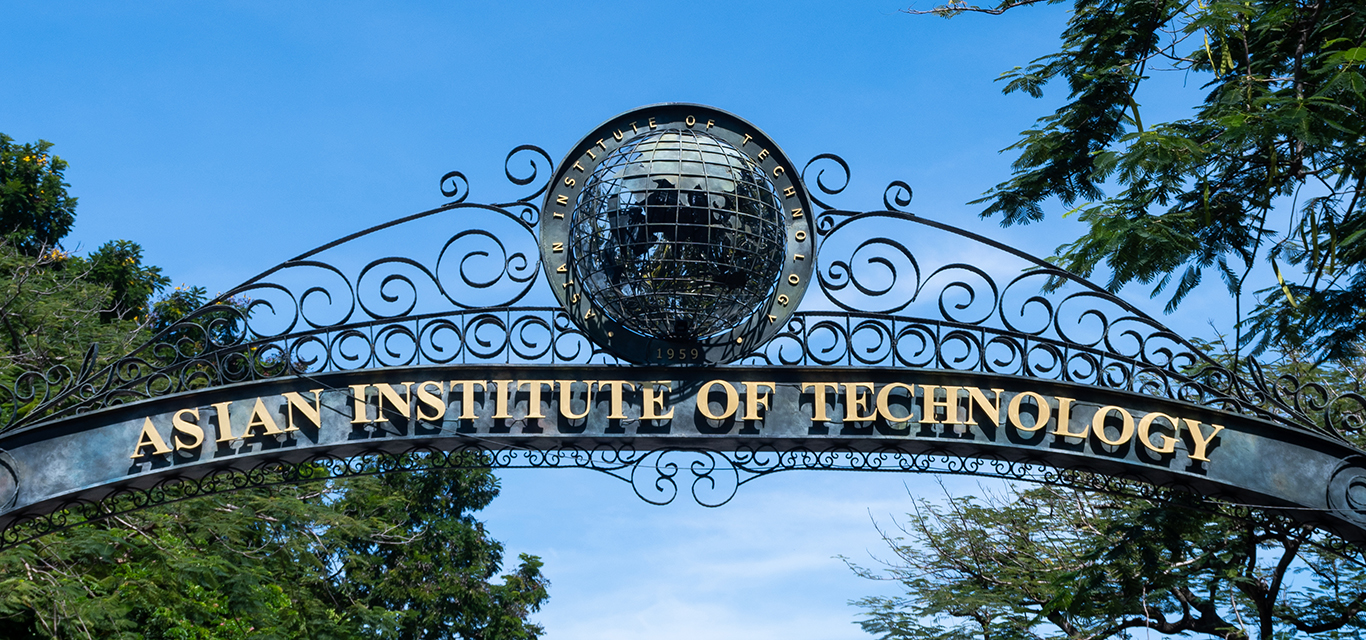BACKGROUND
Asian Institute of Technology, is the premier international postgraduate institution serving the sustainable development of emerging Asia. To address the key emerging issues of SDGs, energy, environmental, and climate change issues of the 21st century, the Department of Energy, Environment, and Climate Change strives for new academic programs, new ways of teaching, fostering skills and innovation, and carries out solutions-oriented research and outreach activities. With a rigorous curriculum and teaching methods specifically designed to produce leaders with communications and empathy who can shape the globalized tomorrow and foreseeable future, students will be equipped with technical and soft skills with the knowledge to adapt to the changing world.
MISSION
- To develop next-generation leaders capable of addressing societal needs of clean energy, utilization of environmental technologies and management, and tackling the burgeoning issues of climate change.
- To serve society by creating and delivering solutions-oriented knowledge and innovative practices for cleaner energy transitions challenges to air water and wastewater-related environmental problems, and climate change in a rapidly changing Asia through cutting-edge research and outreach.
OUR ACADEMIC PROGRAMS
Multidisciplinarity is at very core of the Department’s teaching, research and outreach activities. Our academic activities focus on problem-solving and creating work-ready graduates who are able to take real-life challenges once graduated. The students come from multiple disciplines- engineering, science, economics, management, and humanities. The academic programs are:
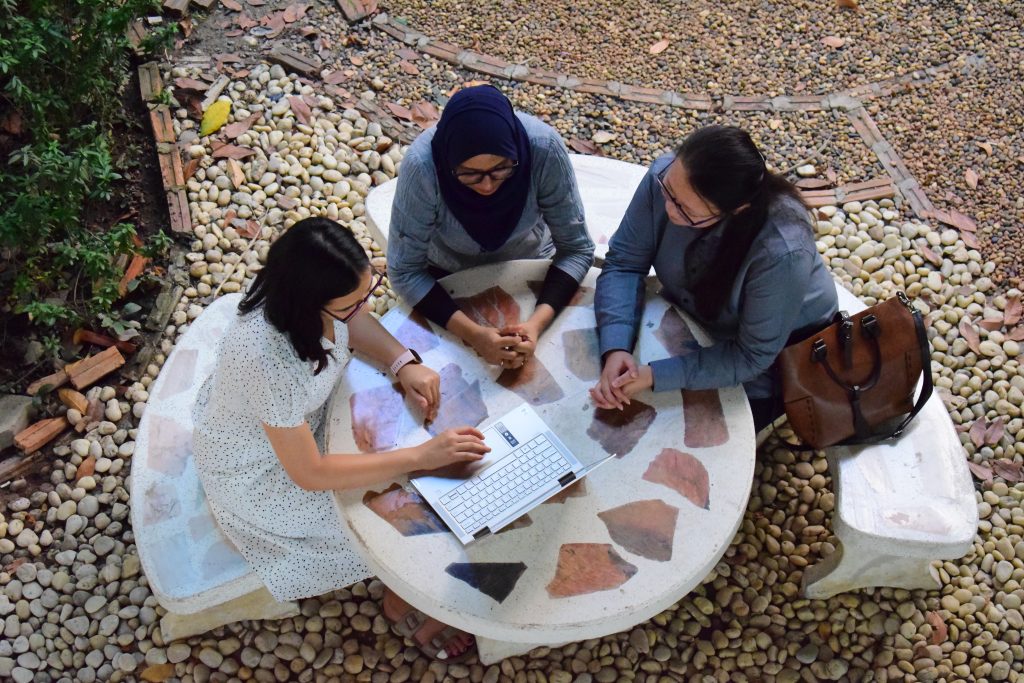
Climate Change and Sustainable Development (CCSD)
Through blended teaching-research-outreach activities, the CCSD program at AIT develops professional leaders able to address the diverse issues of climate change, including emission, sinks, mitigation, impact, adaptation, and vulnerability. The program is interdisciplinary and accepts students from natural science, engineering, and social science disciplines.
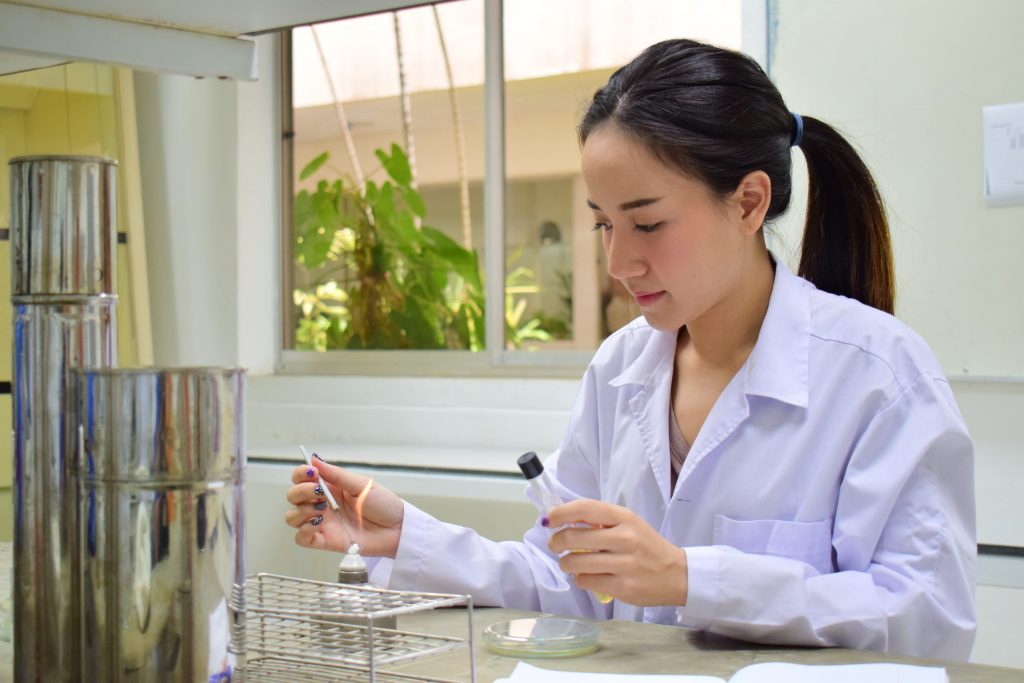
Environmental Engineering and Management (EEM)
This program looks for solutions to various environmental problems, including wastewater treatment and disposal systems, air pollution, solid and hazardous wastes, waste minimization and life cycle assessment, environmental impact assessment and more. In response to the regional demand, we offer specialization in Environmental Technology and Management and Water and Wastewater Engineering.
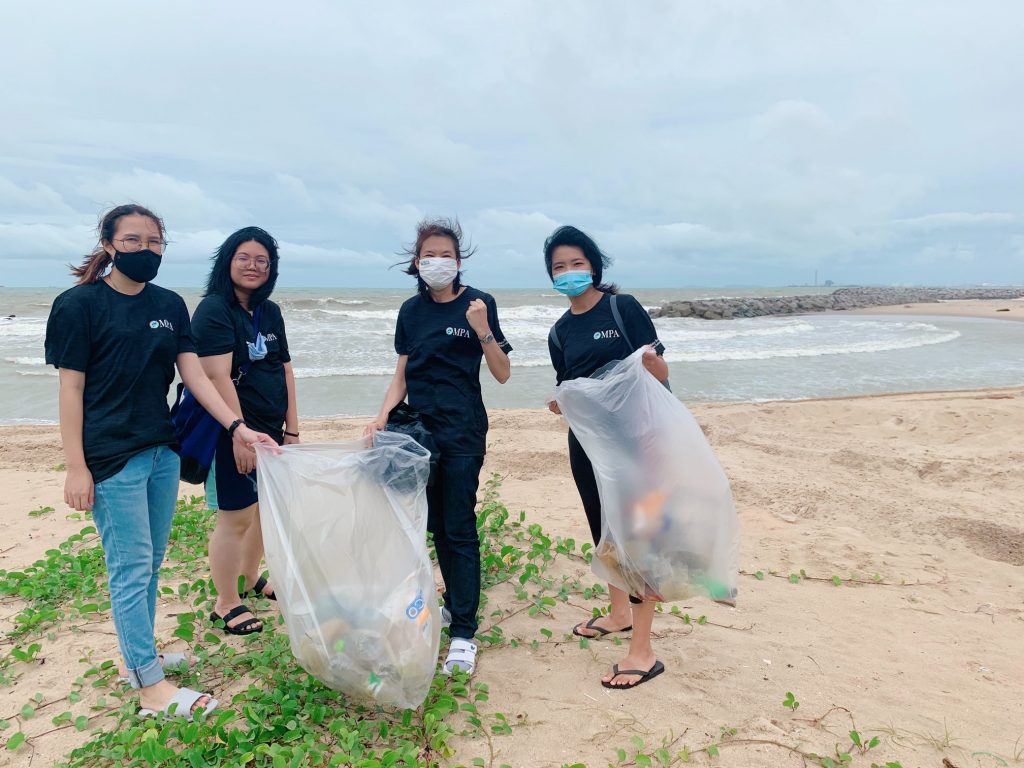
Marine Plastic Abatement (MPA) (1-year Master Degree)
This program aims to train a new generation of environmental leaders who will help combat marine plastic litter with advanced technologies and management practices. The specialized program seeks to empower young Asian practitioners, social entrepreneurs, officials, and professionals who can play significant roles in marine plastic abatement, which is the key to attaining Sustainable Development Goals (SDGs).
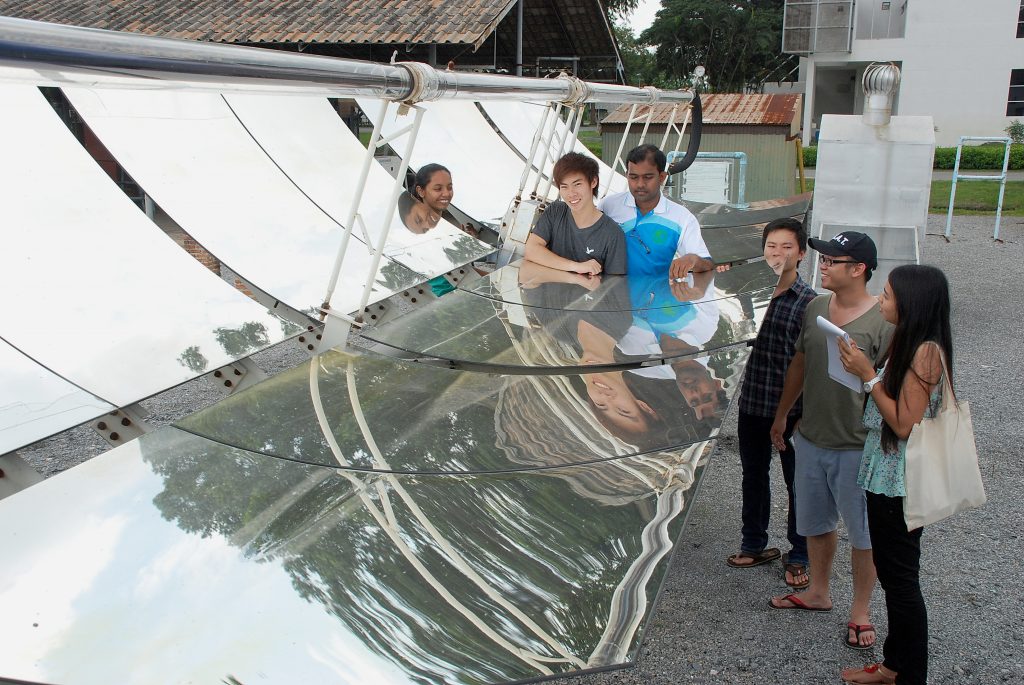
Sustainable Energy Transition (SE)
This program is interdisciplinary, encompassing new technologies, policies, social, and management aspects. It addresses the rising challenges of energy transition, especially in low-carbon electricity-supply systems, decreased energy intensity and demand and provision of energy access to all.
DEGREES OFFERED IN EACH PROGRAM
- MSc or M. Engg (2-year program, 1-year program)
- MPhil (2-year program)
- Ph. D or Dr. of Engg (Minimum 3.5-year program)
- Flexible Degree Options (available for CCSD Program)
- Certificate (1-semester program)
CREDIT REQUIREMENT FOR DEGREE COMPLETION
For Master Program
(48 credits) with minimum 2.75 CGPA and successful completion of Thesis or Research Study
For the Doctoral Program
(84 credits) with 12 credit coursework with a minimum 3.25 CGPA and successful completion of the dissertation and minimum one publication in peer-reviewed international journal approved by Doctoral Program Review Committee (DPRC)
WHERE OUR GRADUATE FIND JOB?

Our graduates are serving in key leadership positions regionally and globally in Governments, industries, and businesses, United Nations Organizations, Multilateral banks, renounced consulting firms, civil society, and NGOs. We prepare work-ready graduates familiar with problems and equipped with knowledge and tools to find solutions
RESEARCH PROGRAMS
The Department has a very active research program that is done through student research as well as sponsored projects and individually by faculty members. The academic programs of the Department have a long history of research excellence for decades. The current research program of the Department has several streams. The key streams are:
- Energy for sustainable development, upscaling renewable technology diffusion and integrating to the energy system, a techno-economic assessment of renewable energy technologies, improving energy access through appropriate technologies and policies, alleviating bottlenecks for regional energy integration, especially for electricity, improving energy efficiency and barriers, and energy policies, pricing and incentives.
- Low carbon and climate-resilient cities, carbon accounting, climate change mitigation option analysis, low-carbon-technology assessment, climate policy assessment, climate change and disaster management, impact and adaptation to climate change, especially in the infrastructure sector such as water, energy, coastal, urban and agriculture.
- Conventional Physico-chemical and biological treatment processes, hazardous industrial waste treatment technologies, industrial bioprocess techniques applied to environmental engineering, advanced water and wastewater treatment, ozonation, membrane techniques, and sludge treatment and management
Research Area of Excellence

click here to learn more

Clean Energy Transition
click here to learn more

Climate Change Mitigation and Adaptation
click here to learn more

Plastic Pollution
click here to learn more



